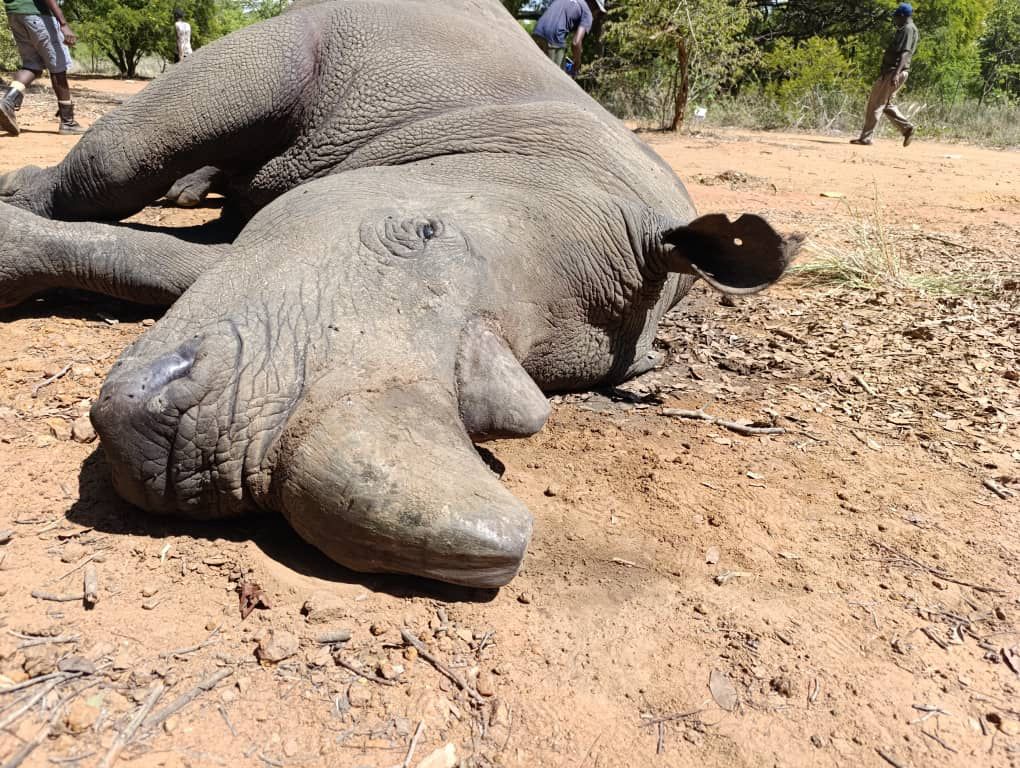HARARE — Four rhinos have died at Lake Chivero Recreational Park due to water contamination caused by cyanobacteria, a toxic bacteria found in polluted water, the Zimbabwe Parks and Wildlife Management Authority (ZimParks) said on Friday.
Efforts by veterinarians from the University of Zimbabwe and ZimParks’ Veterinary and Capture Unit confirmed the deaths were linked to the lake’s deteriorating water quality.
“This situation calls for a whole-society approach to address pollution in Lake Chivero so that we can protect our ecosystem,” ZimParks spokesperson Tinashe Farawo said.
The contamination has also led to the deaths of three zebras, four wildebeests, fish eagles, and livestock, including goats and cattle from nearby farms.
Lake Chivero, one of Zimbabwe’s seven Ramsar-protected sites, has long suffered from pollution. In 2019, Marjorie Munyonga, a spokesperson for the Zimbabwe National Water Authority, flagged the lake as one of the country’s most polluted water bodies, citing Harare’s malfunctioning sewage treatment plants as the main culprit.
“These plants are partially functional due to urbanization, power shortages, and poor maintenance,” Munyonga noted at the time.
Harare sources its drinking water from Lake Chivero and spends $2.5 million monthly on treatment chemicals, significantly more than the $1 million it would cost if the plants were properly maintained.
A study published in Food Quality and Safety in 2019 highlighted alarmingly high levels of microbial and toxic pollutants in the lake’s water and fish, posing risks to wildlife and the human populations reliant on the ecosystem.
With Zimbabwe set to host the Ramsar Convention’s 15th Conference of the Parties (COP15) in July 2025, Farawo urged authorities and citizens to strengthen environmental conservation efforts.
Observers say the deaths of the rhinos and other wildlife underline the urgency of restoring Lake Chivero’s ecological health to safeguard its biodiversity and economic importance.
Kukurigo Updates











